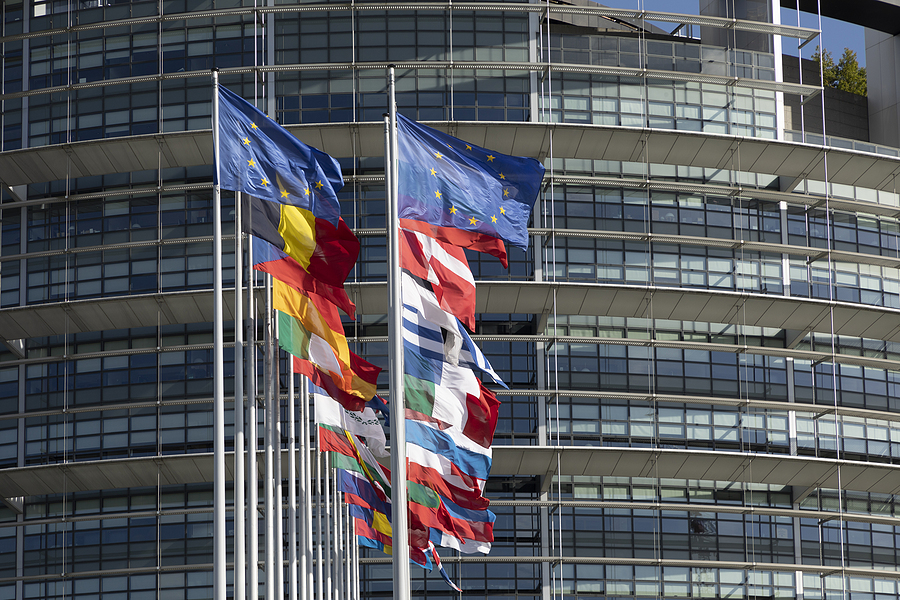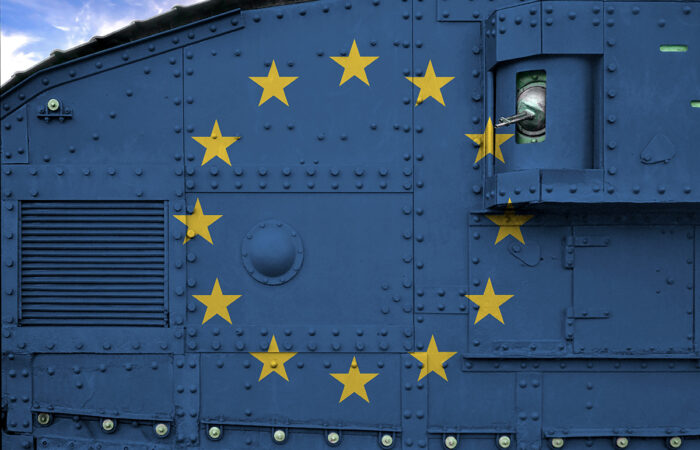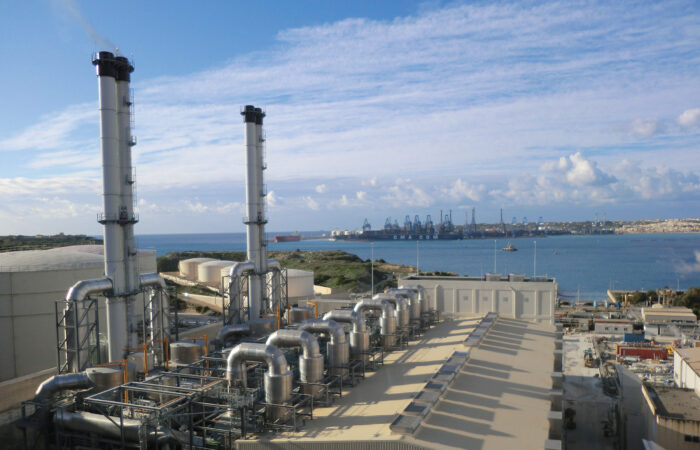Maria Demertzis, André Sapir, Jeromin Zettelmeyer*
After every European election, Bruegel produces a series of memos to the new European Commissioners that will take office in Brussels. The first of those memos, published last week, is addressed to the presidents of the European Commission, the Council of the European Union and the European Parliament. Our message is that the European Union will need to become more united when dealing with the multiple threats it faces now and in the future.
The EU has already dealt with a series of shocks since 2020, including the pandemic and the 2022 surge in energy prices. The response was in many ways remarkable: the EU undertook unprecedented borrowing to fund the NextGenerationEU economic recovery programme and a coordinated reduction in energy demand. In response to the Russian invasion of Ukraine, the EU issued financial sanctions for the first time ever. It is not surprising that these crises have left the EU in a bruised state.
The pandemic recession and energy-support measures have squeezed fiscal space. Higher energy prices have persisted and EU industrial competitiveness was eroded. The productivity and per-capita income gap with the United States widened and the US shift toward protectionism has become entrenched. The military situation in Ukraine remains precarious. China has become both more authoritarian and more assertive. The appetite to combat climate change is diminishing.
There are multiple challenges that remain. In the next five years, the EU must continue to support Ukraine while implementing measures to reinvigorate EU growth. It must meet the 2030 climate targets and lay the foundations to meet the 2040 goals. The EU must secure faster emissions reductions beyond its borders. Social cohesion needs to be restored to head off threats to the EU model and more needs to be done to coordinate EU external security.
Addressing these challenges means having to deal with multiple trade-offs and achieving the solutions will cost money.
The EU currently has huge investment gaps of the order of almost €500 billion per year. But fiscal space is tight for most countries and agreeing to spend more together by pulling resources at the European level will be very difficult and divisive. Can we agree to jointly finance the issues which are of great strategic European relevance?
Accelerating decarbonisation will have a negative impact on growth at least in the short term. Higher and broader carbon pricing will further strain social cohesion and fan polarisation around climate action. How can we accelerate our efforts to deal with climate change, while ensuring the just distribution of the burden that this involves?
Improving the EU’s economic security and accelerating the green transition may require greater recourse to industrial policy and trade policy than in the past. But a rushed approach that embraces protectionism and possibly takes a hostile approach to China, will hurt EU growth and make international climate action more difficult. What is the golden middle of protecting our interests without resorting to protectionism?
Strengthening security and further supporting Ukraine requires greater coordination of foreign and defence policies which have always been sacred policies for each nation. Are countries willing to decrease their degrees of decision freedom on issues of national security to achieve greater defence scale and efficiency?
We believe the new EU leadership should prioritise three objectives: 1) promote growth and enhance cohesion in the EU, 2) safeguard the green deal and extend its global reach and 3) strengthen the EU’s economic and overall security. In the memo, we issue 12 recommendations on how they reach those objectives.
This is what we know. But, just like five years ago, a lot could happen that seems unimaginable now. The EU must reform its governance to become agile in the face of the unknown and ensure resilience to an increasingly hostile global environment. The new leadership must not to shy away from difficult conversations. They should become pragmatic in the way that EU integration works. Reform from within must be a part of dealing with the big challenges we know we will have to deal with in this legislative term.
Read the full text here.
*Maria Demertzis is Senior Fellow at Bruegel; André Sapir is Senior Fellow at Bruegel; and Jeromin Zettelmeyer is the Director of Bruegel. This piece was originally published on the Bruegel website.




